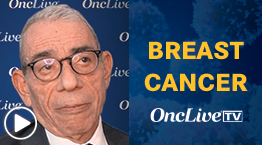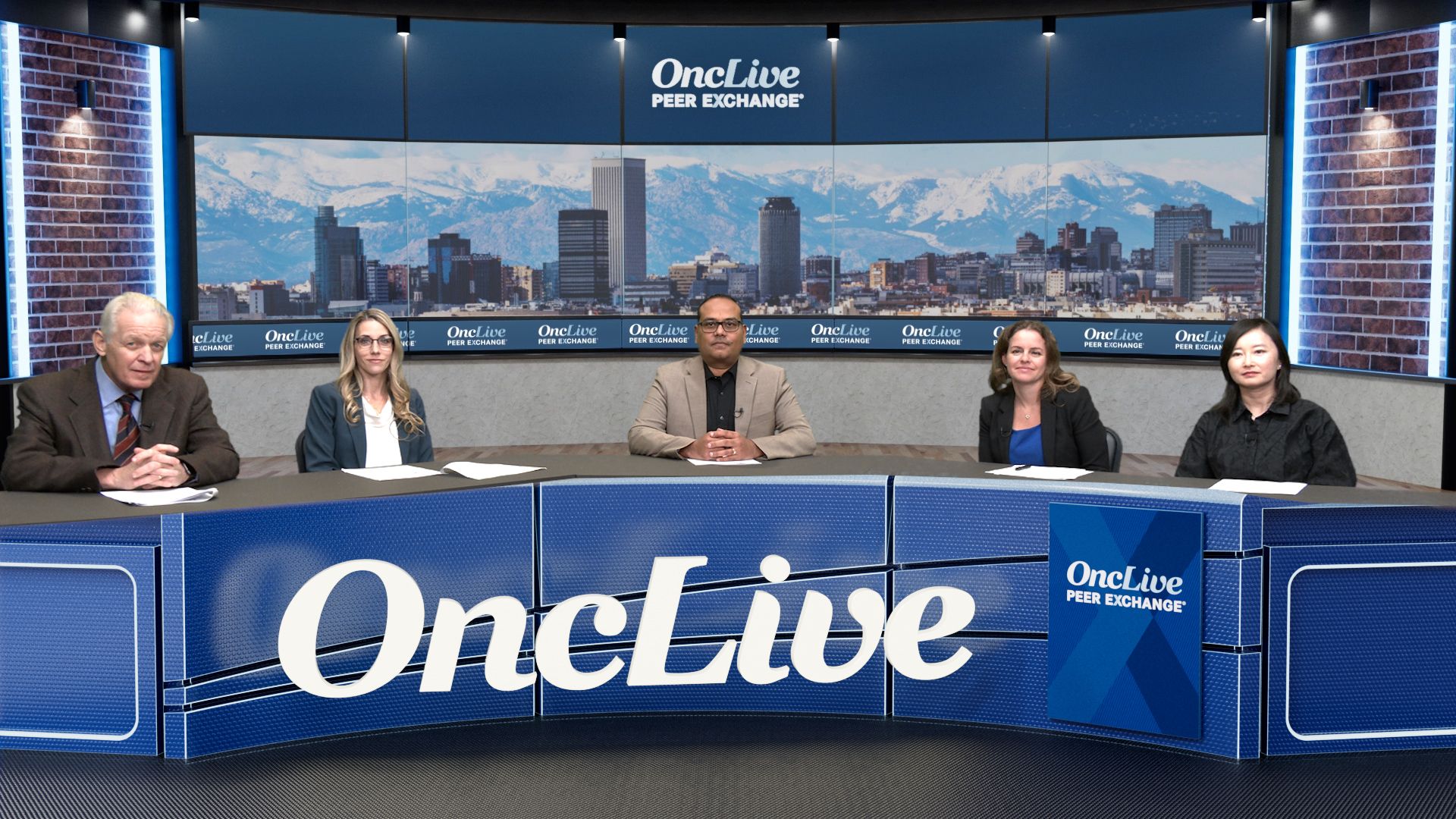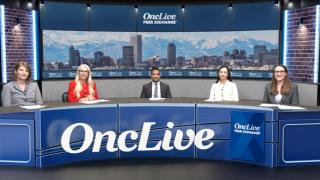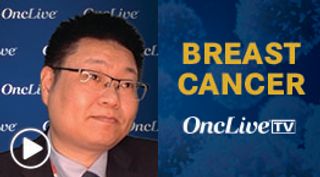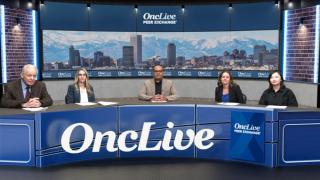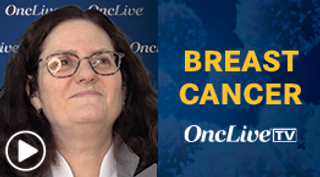
Breast Cancer
Latest News
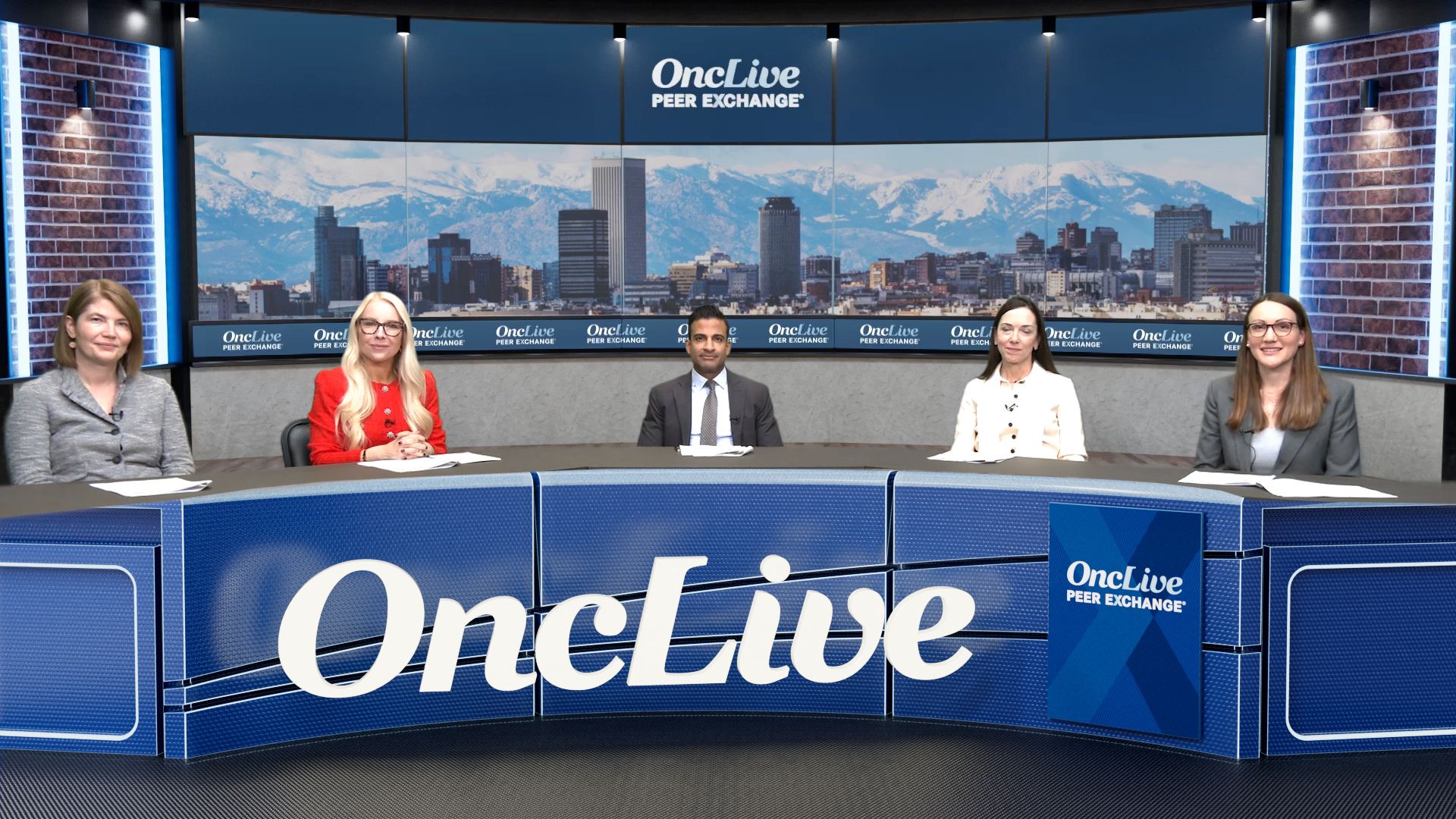
Latest Videos

CME Content
More News
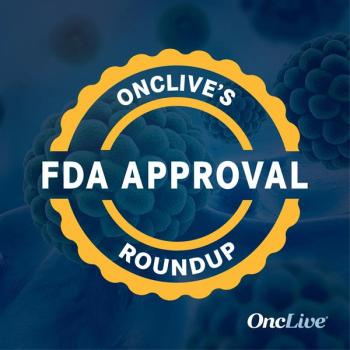
Here is your snapshot of all therapeutic options that were approved by the FDA in January 2025 spanning tumor types.

Aditya Bardia, MD, MPH, FASCO, discusses the FDA approval of Dato-DXd for pretreated, hormone receptor–positive, HER2-negative metastatic breast cancer.

Coauthor of the Lancet Breast Cancer Commission report, Reshma Jagsi, MD, DPhil, details the 6 themes of the evidence-based plan aimed to address challenges in the field.

Impact of In-House Testing on Improved Cancer Care: Timely Decisions and Enhanced Treatment Accuracy
Panelists discuss how in-house laboratory testing has demonstrated significant advantages in patient care through rapid turnaround times and immediate decision-making capabilities. Emergency departments have seen notably improved outcomes when critical tests like cardiac markers and blood gases are performed on-site, enabling faster treatment initiation for acute conditions. For example, rapid troponin testing in-house allows for immediate cardiac intervention decisions, while stat electrolyte panels enable quick medication adjustments for critical patients. Additionally, on-site therapeutic drug monitoring helps clinicians make real-time dosing modifications, which is particularly beneficial for antibiotics and anticoagulation therapy.

Panelists discuss how in-house testing facilities significantly enhance multidisciplinary coordination by enabling rapid result turnaround and real-time treatment adjustments. This streamlined process facilitates immediate care planning among specialists, leading to faster clinical decisions and reduced wait times. Studies demonstrate that on-site testing correlates with improved patient outcomes through earlier interventions, decreased length of stay, and enhanced treatment monitoring, ultimately supporting more efficient and responsive patient care delivery.
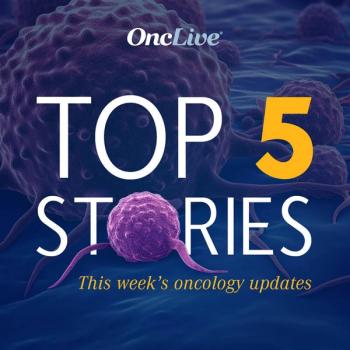
T-DXd wins FDA approval in HER2-low and -ultralow breast cancer, 177 Lutetium edotreotide boosts PFS in GEP-NETS, and more from OncLive this week.

Datopotamab deruxtecan approaches approval in Europe as an option for patients with previously treated hormone receptor–positive breast cancer.

OQY-3258 (ESG401) showed preliminary efficacy in multiple breast cancer subtypes, including TNBC and HR+/HER2- breast cancer.
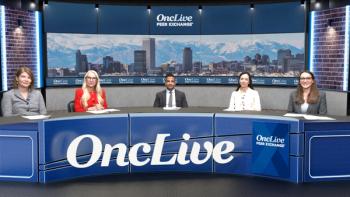
Panelists discuss how emerging data on HER2-ultralow breast cancer is informing treatment decisions, particularly regarding the potential role of trastuzumab deruxtecan, while acknowledging the need for careful patient selection and consideration of traditional treatment sequences.

Panelists discuss how DESTINY-Breast06 demonstrated meaningful clinical activity of trastuzumab deruxtecan in both HER2-low and ultralow metastatic breast cancer populations.

Inavolisib plus palbociclib/fulvestrant improved OS vs palbociclib/fulvestrant alone in PIK3CA-mutated, HR-positive, HER2-negative, advanced breast cancer.
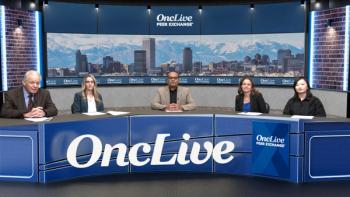
Panelists discuss their overall perceptions of oral selective estrogen receptor degraders (SERDs) and their impact on the treatment landscape and share their experiences with elacestrant in clinical practice.

Panelists discuss potential treatment options for patients following progression on CDK4/6 inhibitors (i) in HR+/HER2– metastatic breast cancer.

Panelists discuss how in-house testing significantly reduces turnaround times by eliminating send-out delays and courier dependencies. This enables immediate sample processing, allowing for faster results delivery and prompt clinical decision-making. Health care facilities can optimize workflows through automated systems, clear communication protocols, and standardized testing procedures, minimizing bottlenecks between departments and facilitating quicker diagnosis and treatment initiation.

David Rimm, MD, PhD, discusses pathology limitations that have been exacerbated by the current lineup of breast cancer IHC tests.

The FDA has granted a breakthrough device designation to the DCISionRT test for patients with breast cancer with ductal carcinoma in situ.

Sotorasib doublet gets approved for KRAS G12C–mutated CRC, acalabrutinib triplet is cleared for previously untreated MCL, and more from OncLive.

The FDA approved datopotamab deruxtecan for select unresectable or metastatic, hormone receptor–positive, HER2-negative breast cancer.

Stephanie L. Graff, MD, FACP, FASCO, discusses data supporting the use of GnRH agonists for premenopausal women with breast cancer undergoing chemotherapy.

Panelists discuss how evolving HER2 classification methods and recent trial data are reshaping treatment approaches for advanced breast cancer, particularly regarding the clinical significance of HER2-low and ultralow categories.

Panelists discuss how the latest NCCN guidelines for targeted therapies and biomarker testing in advanced/metastatic breast cancer highlight the importance of biomarker-driven approaches, with particular emphasis on the need for next-generation sequencing testing in the first-line setting, the implications of HER2-low classification, and how the recent FDA approval of a PI3K inhibitor may impact testing practices and treatment strategies.

Erica L. Mayer, MD, MPH, responses with preoperative niraparib plus dostarlimab in patients with BRCA-mutant, ER-positive, HER2-negative breast cancer.
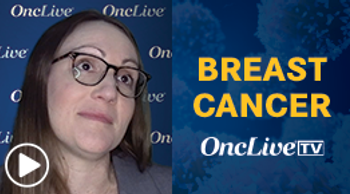
Dr Huppert on Survival Outcomes of Patients With Metastatic Breast Cancer and Leptomeningeal Disease
Laura A. Huppert, MD, discusses survival outcomes of patients with metastatic breast cancer and leptomeningeal disease according to disease subtype.
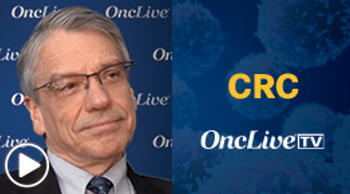
Charles E. Geyer, Jr., MD, discusses the efficacy and safety of perioperative atezolizumab plus chemotherapy in stage II/III triple-negative breast cancer.
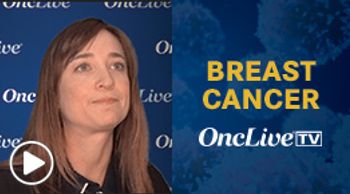
Alexis LeVee, MD, discusses immune-related adverse effects in patients with early breast cancer treated with immune checkpoint inhibitors.


